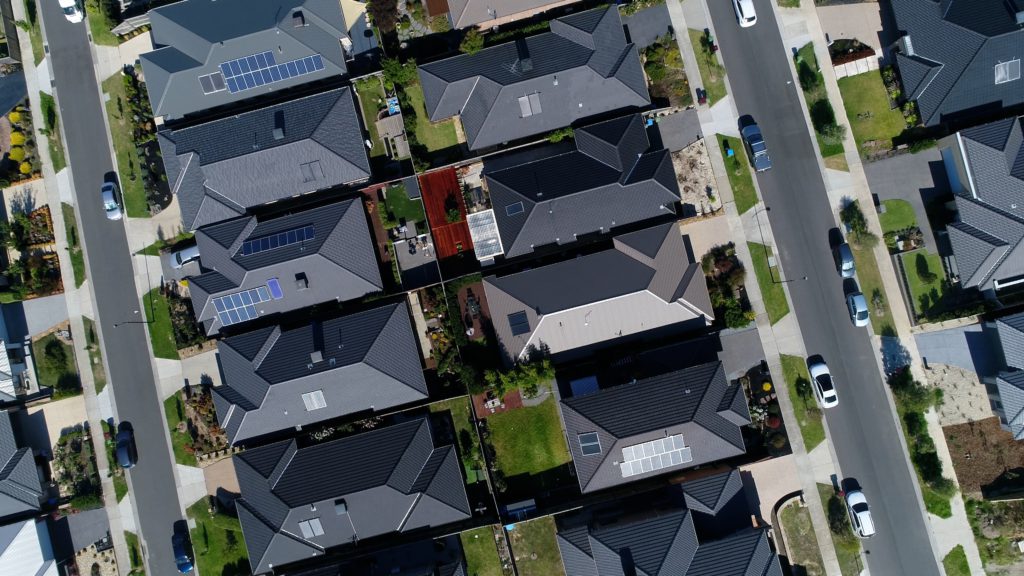The end of 2022 is fast approaching, leaving many pondering the same question; “What will 2023 hold for the residential property market”?
There are several varying opinions among industry experts. However, there is one thing that they all agree on, and that is that it’s likely we’ll continue to see further drops in the price of residential property. Where they disagree, though, is how far values will fall. Melbourne’s median price fell 7.4% in the September quarter, and an article published by “Which Real Estate Agent” predicts further drops in 2023, followed by a rebound in 2024.
So, what does this mean if you want to sell in the coming year? Should you hold off selling in a lower market or take the plunge? Selling in a low period does have several advantages, especially if you’re looking to buy another property in the same market. You’ll pay less in agent selling fees and less stamp duty on the property you purchase. As higher-end properties are often slower to sell in a weaker market, it might be the perfect time to consider upgrading your home at a smaller cost than would be seen in a stronger market. You may also find there is a greater choice of properties and less competition within the marketplace.
It’s certainly not all doom and gloom, as many media outlets are reporting. In September, Melbourne was one of only two cities to see a positive monthly and annual change in its auction house price, with a 5% increase compared to August’s results. Its auction clearance rate also improved for the second successive month, suggesting this may signal the beginning of seller and buyer price expectations aligning. Sally Tindall, a Research Director at RateCity.com.au says it’s also possible that people on the hunt for a good deal could create a rise in demand, seeing the market turn around sooner than expected.
This sentiment is supported by the Financial Review, which recently reported experienced landlords have been taking advantage of current market conditions to expand their portfolios, with stabilising interest rates and improving rental yields adding favour. In what’s still being seen as a rental shortage in Melbourne, where the current vacancy rate is 1.3%, Melbourne’s house rents have been pushed to an average of $470 per week, and that unit prices are only $5 less per week than in pre-pandemic times. So, if you’re looking to invest, this should give you confidence that if you purchase a quality home in a popular pocket, you’ll attract good rental returns and a large pool of tenants to choose from.
Adelaide Timbrell, a Senior Economist at ANZ, says people are still looking to buy homes and that the decline in housing prices is due to lower borrowing power, not buyer distress. Lower borrowing power means people have less money to spend on a home, and it’s this that will cause prices to fall. She does not believe there will be a substantial number of homes coming up for sale because of people being unable to afford their mortgages. However, some may need to reprioritise their household spending.
On Saturday, 26th November, Victorians will head to the polls for a state election. In the past, this might have seen people halt real estate plans until a result was confirmed, however, with neither the Labor nor Liberal parties having policies that will affect the average person’s real estate transactions, this is unlikely to have a noticeable impact on the market.
All real estate transactions need to be considered in context to your personal circumstances, but in short, for most people, there is little reason to hold off on your real estate plans. If you would like expert advice, contact your local Noel Jones agency to answer any questions you may have or to arrange a property evaluation.





